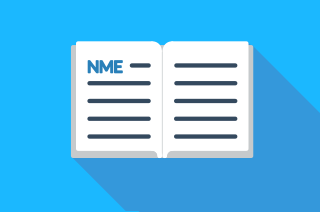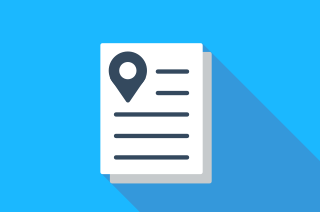News Media Europe prepared a comprehensive response to the public consultation on the Digital Services Act (DSA) (full document). Today, we share views on the “Liability regime for online intermediaries”. Our full contribution discusses several additional related points on the notice-and-takedown framework, platforms’ responsibilities, and disinformation as harmful content.
The European Commission has asked stakeholders to provide their views on the current liability regime for online intermediaries. The eCommerce Directive 2000/31/EC (ECD) works on the basis of harmonized liability exemptions that have allowed the internet to develop the way we know it today. Yet the internet of today brings risks that did not exist when the ECD was adopted more than twenty years ago. It is time to open our eyes to unlawful activities polluting the online environment and propose concrete measures that will make the internet a safer space for users and a fairer market for content producers.
News Media Europe analyses in its contribution to the DSA consultation the problems faced by press publishers when dealing with illegal content. While most of it relates to copyright infringements, news publishers’ experience is that reporting such infringements is a long, tedious and cost-ineffective procedure that would work much better provided that online platforms were held accountable and would be better incentivized to cooperate. Procedure-wise, News Media Europe sets out concrete recommendations to improve the notice and take down framework.
On the substance of the liability regime, everyone engaged in this debate understands that there is no straightforward answer. The internet is complex, types of platforms are multiple, and business models quickly evolve in an era of disruption. How can the law keep up? And would legislation risk hampering innovation?
The future DSA needs to bring a creative and nuanced approach to liability. Ultimately, the objective is to promote more responsible players online. Starting with “systemic” platforms that have become so instrumental in the architecture of the internet that they have acquired major influence in all aspects of our lives, cultural, economical, social and political. Such systemic platforms should be bound by a secondary liability regime reinforced by special duty of care obligations. Moreover, creating new categories of hosting services such as “social networks” that are in practice between publishers and distributors, could be a solution to nuance the definition of online intermediaries and clarify the set of liability and responsibilities associated to each category1.
When it comes to harmful content, and in particular disinformation, again the response should be subtle. Given the risks to fundamental rights and in particular freedom of expression – a point our sector is particularly receptive to – the solution probably lies in genuine incentives for platforms to do more and better. As such, the DSA should not regulate content but rather encourage platforms to put measures in place to become more accountable to the public, work with independent fact checkers, and demonetise disinformation by removing their ability to profit from advertising.
To conclude, the issue of liability and responsibilities is absolutely crucial for the future of the Digital Single Market and for setting internet standards to platforms willing to reach EU consumers. The EU should not shy away from imposing its terms and promoting a new framework which prevents online intermediaries from turning a blind eye on their services being used as channels for illegal activities. It’s time to up the ante.
1 Schibsted (2019) Report “Ensuring democracy and freedom of speech online – a need for a balanced regulation of social networks” (link)










